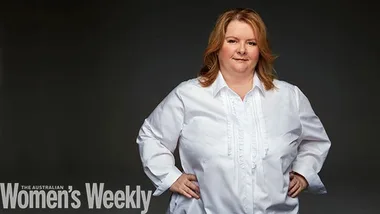Steal the style of an A-lister without having to break the bank
Steal the style of an A-lister without having to break the bank with our edit of Reese Witherspoon’s best looks to take you from workday to evening, Saturday brunch to shopping with the kids.

Stay chic during the week with this season’s statement piece – a floral pencil skirt.

A knee-length print dress is perfect for weekend lunch dates.

Shopping requires comfortable clothing but be sure to stand out with a dose of bold colour.

Don’t stick to black and white this water, take a summer hue – like turquoise – with you.

Bad hair day? Cover it up Resse-style with a fab floppy fedora.

Give your winter LBD the flick and invest in one that has sheer or lace panelling for a trend update.

Lace is hot this coming season but it’s best to blend it in with wardrobe staples, like a great pair of black pants.

Race days, ladies’ brunches and semi-formal engagements call for a fab cocktail frock. Try and bold colour print, if you’re feeling daring…




















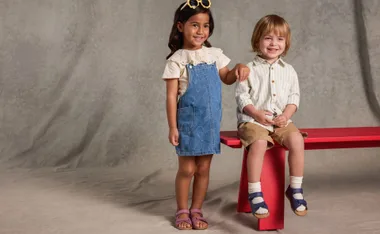

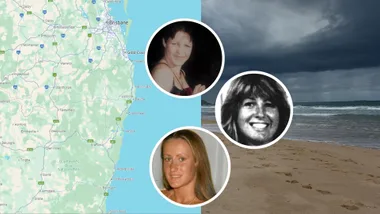

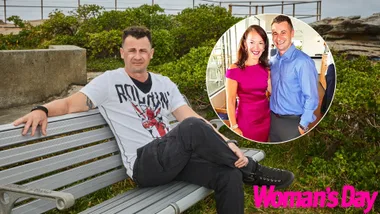
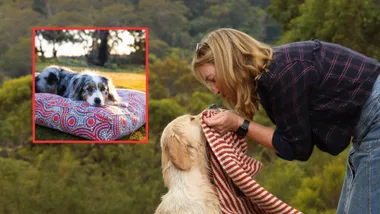

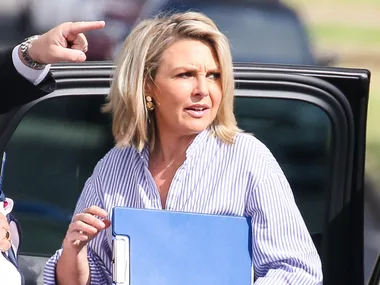

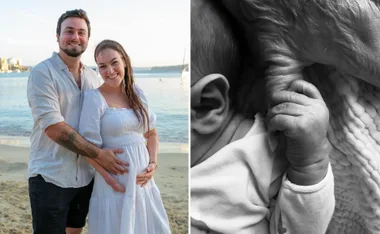

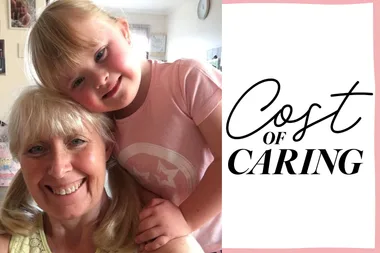





































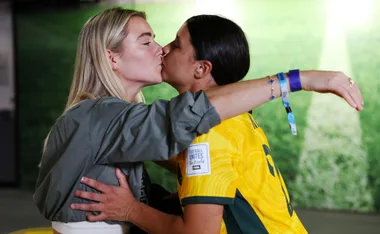

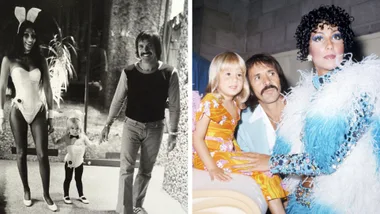



.png?resize=380%2C285)
.jpg?resize=380%2C285)
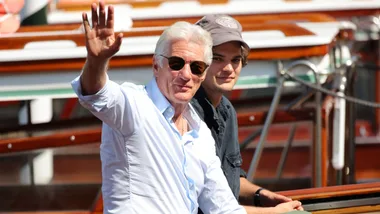























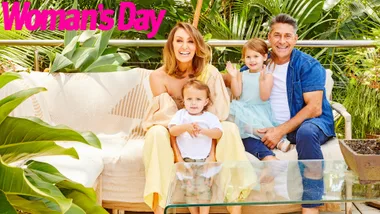






.jpg?resize=380%2C285)



.jpg?resize=380%2C285)

